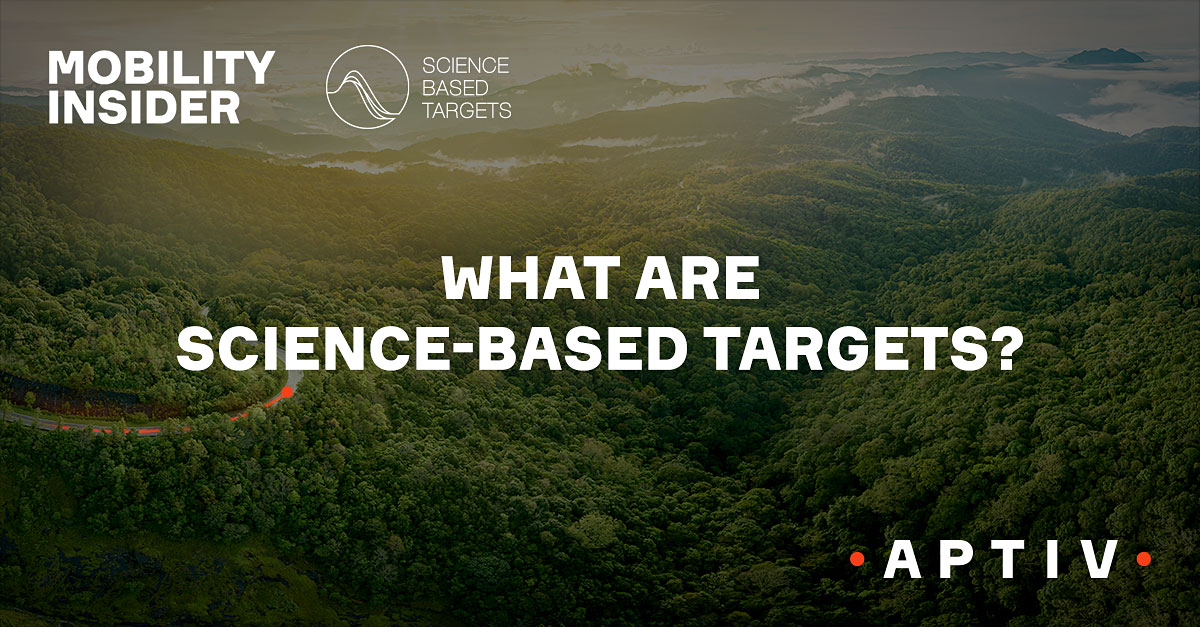What Are Science-Based Targets?
Science-based targets are benchmarks for businesses to reduce greenhouse gas (GHG) emissions based on goals outlined in the Paris Agreement, the United Nations’ 2015 treaty on climate change.
Many companies have already outlined their own sustainability goals, but it can be challenging to align objectives across entire industries. The Science Based Targets initiative (SBTi) does that by providing businesses with a framework to set realistic and uniform milestones — the science-based targets. The SBTi is a partnership between the United Nations Global Compact, the World Resources Institute and the World Wide Fund for Nature.
The goal of the Paris Agreement is to limit global warming to no more than 2° Celsius above pre-industrial levels and pursue efforts to limit warming to 1.5° C. To be successful, businesses need a single standard of measurement. The SBTi provides manufacturers with realistic and meaningful goals based on a five-year cycle of increasingly ambitious climate actions.
What companies get for participating
Following standards in line with the Paris Agreement provides companies with a single organization-wide policy that meets or exceeds the regulatory standards in any region and ensures compliance from suppliers while removing the burden of independent verification. The SBTi helps businesses future-proof growth, reduce waste, ensure regulatory compliance, improve investment appeal and demonstrate sustainability commitments to environmentally conscious consumers.
Additionally, the SBTi’s validation process provides businesses with access to feedback and support from a range of technical experts, and they can earn acknowledgments from the UN Global Compact and the We Mean Business Coalition for their commitment to sustainable innovation.
To gain recognition by the SBTi, companies must submit a letter to establish their intention to comply with science-based targets. The SBTi conducts an initial screening to ensure that the goals meet basic criteria. Annual reports on companywide emissions are required for businesses to maintain their verification. To date, more than 6,000 companies have committed to the SBTi, including 57 businesses in the automotive industry.
Aptiv’s commitment to the SBTi
In 2021, the SBTi released a framework on how to certify that a company is carbon neutral. The Net-Zero Standard is the first of its kind for guiding corporate target setting. Based on the most up-to-date climate research, the framework outlines how companies can set net-zero targets in line with the goal of limiting global temperature rise to 1.5° C. As part of Aptiv’s sustainability objectives, we have committed to reduce absolute scope 1 and 2 GHG emissions 100 percent by 2030 from a 2021 base year. We also commit to reduce absolute scope 3 GHG emissions 47.4 percent within the same timeframe. SBTi has classified Aptiv’s scope 1 and 2 target ambition as in line with a 1.5°C trajectory.
